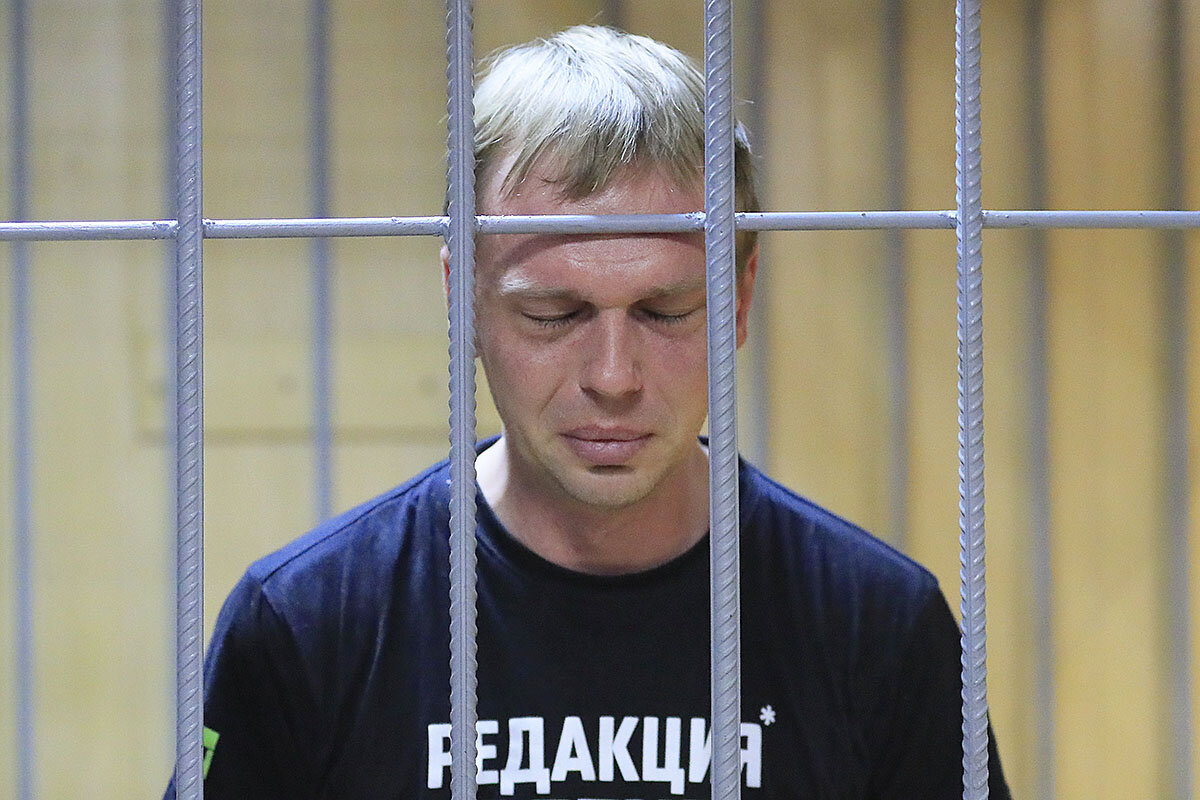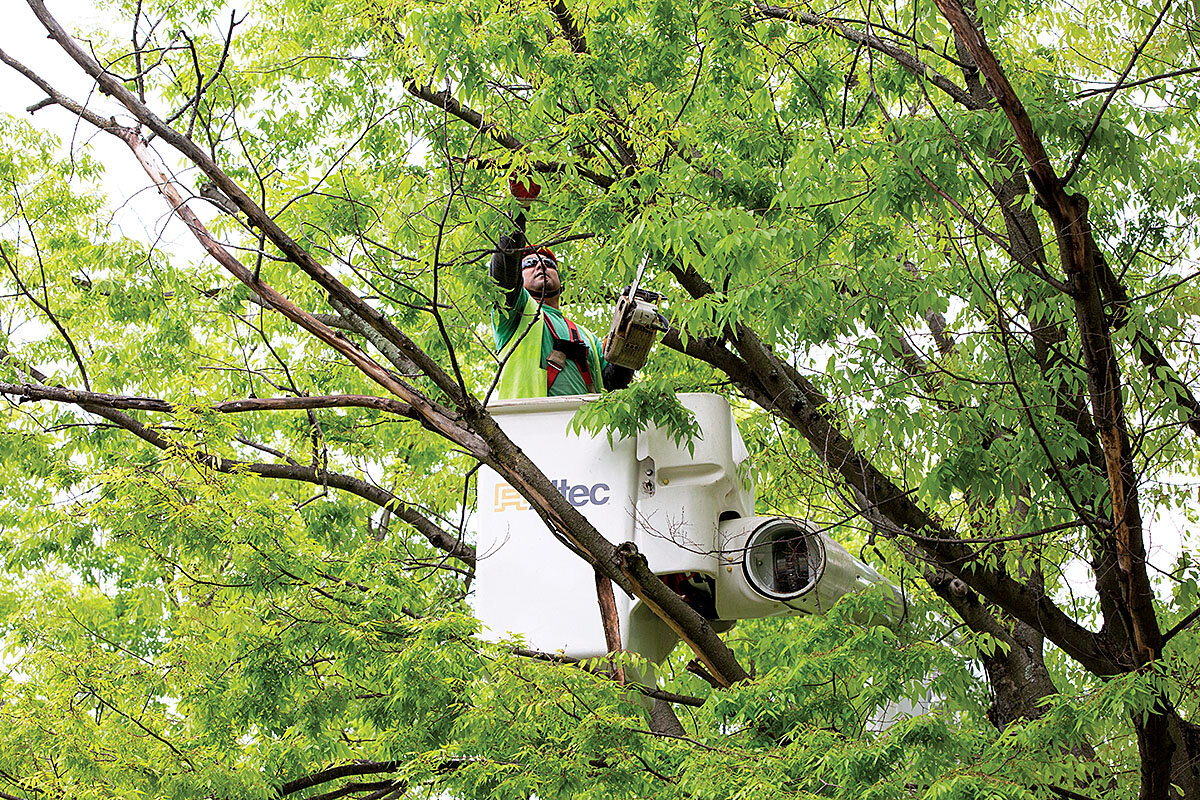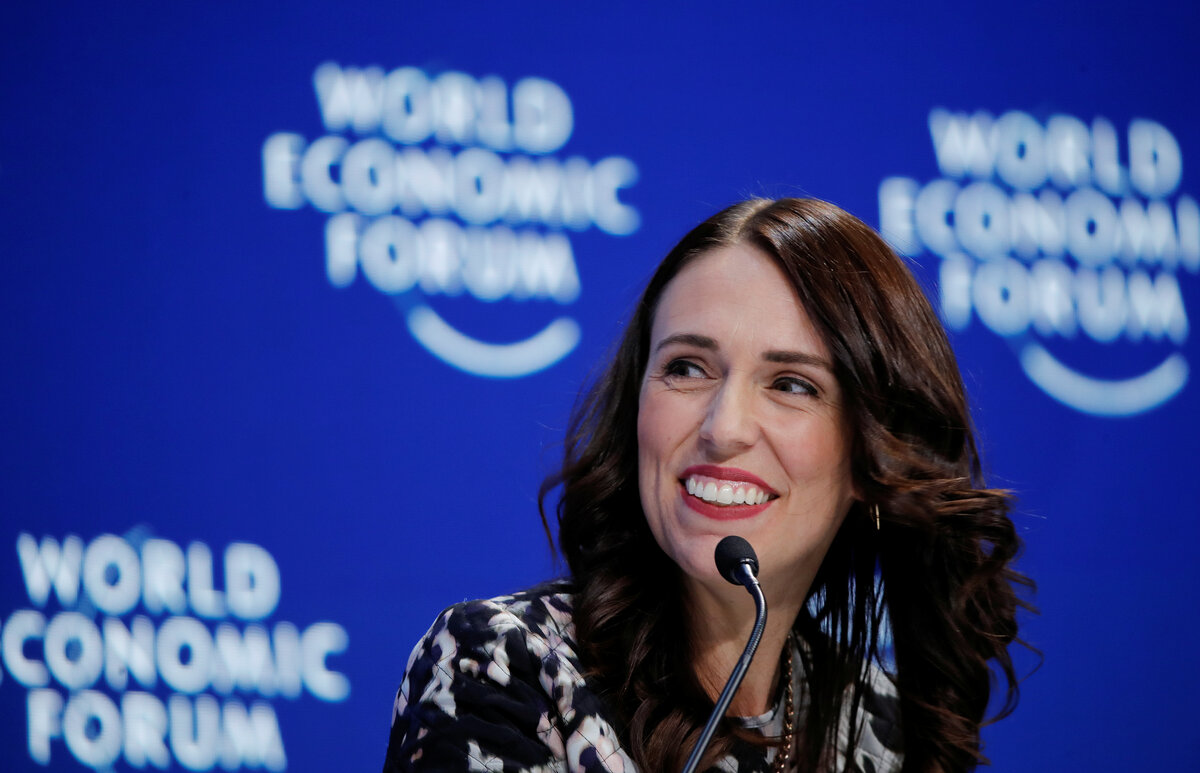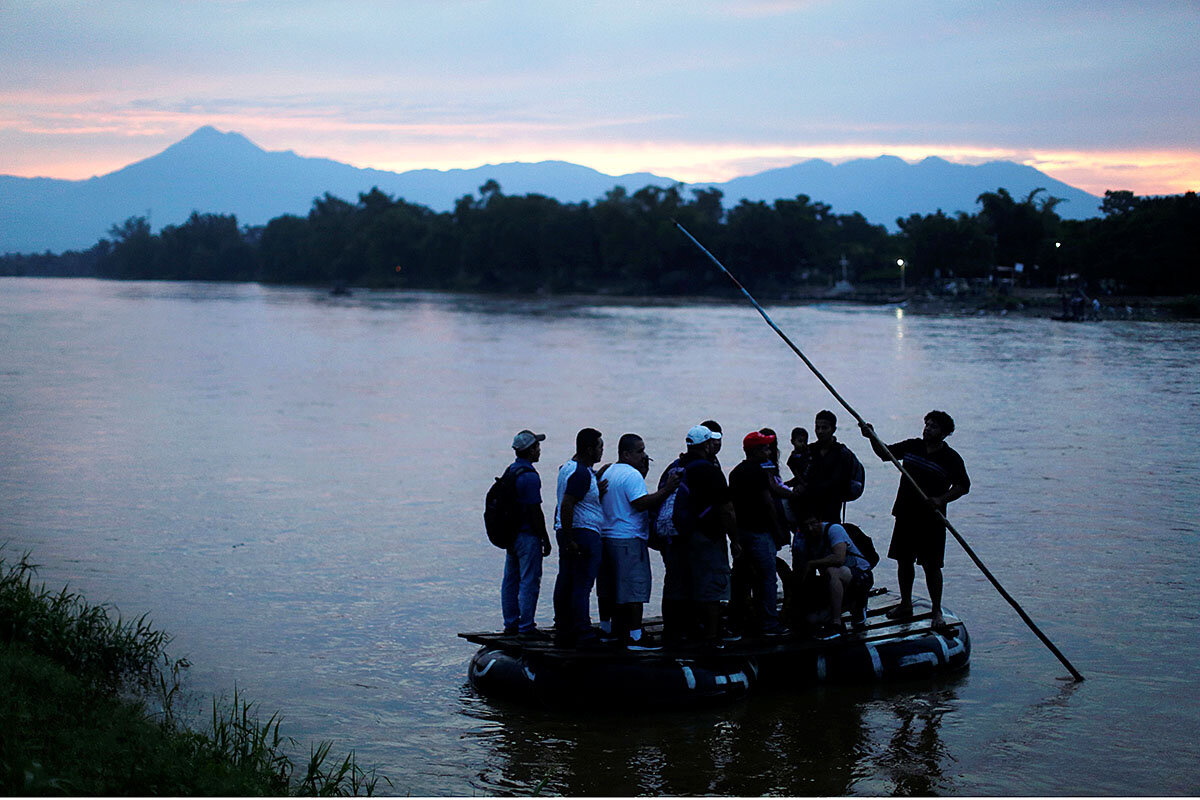After a colleague’s arrest last week, Russian journalists did something very unexpected: They pushed back. It could be a pivotal challenge to Vladimir Putin’s repressive political culture.
Monitor Daily Podcast
- Follow us:
- Apple Podcasts
- Spotify
- RSS Feed
- Download
 Amelia Newcomb
Amelia Newcomb
What if peace is breaking out in lots of places – but you just don’t know about it?
That question occupies the thinking of Jamil Simon, one of 10 laureates who will receive the Luxembourg Peace Prize this Friday. Mr. Simon, founder of Spectrum Media in Somerville, Massachusetts, is being honored for his half-century effort to build global awareness of peaceful solutions to conflict.
To Mr. Simon, his “uphill battle to make peace more visible” means talking to journalists, whose work reaches hundreds of thousands. It means shifting a mindset of “if it bleeds, it leads” that often boosts fear. “If the public doesn’t see peace as a viable solution to conflict,” says Mr. Simon, whose work currently focuses on Northern Ireland, Sri Lanka, Colombia, and Burundi, “people will accept a default move to war and violence.”
Violence certainly roils many countries around the world, and conflict is filled with drama. But so is the peacemaking that happens far from the halls of power, he says. “I want to open people’s eyes that there are stories here of human transformation. I know how hard it is to tell stories about peace because I’m making a film about it. But there are ways into these stories that reveal the distance people travel in their journey trying to reconcile.”
The bottom line is getting people to “look at something differently,” Mr. Simon says. And he’s making headway. Ahead of the first War Stories Peace Stories Symposium in New York last year, which he organized with Peace Direct for journalists, a call went out for peace-building story proposals. It yielded 200 pitches from 60 countries, the quality of which prompted the Pulitzer Center to triple its grants. When the conference convened, Mr. Simon says, “the atmosphere was electric.”
Now to our five stories.










